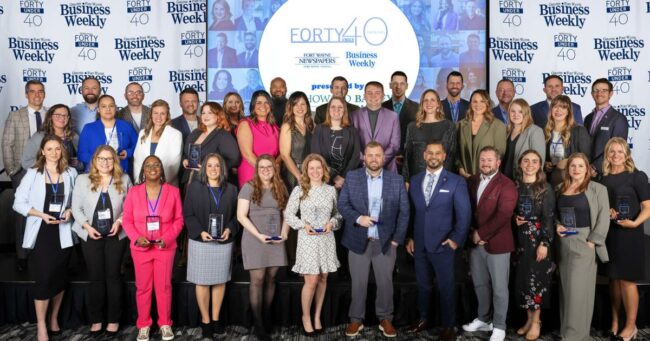Construction progresses at new Panera, Court Street Theater reopens and more local business news
… the restaurant.
In other local business news, the new owner of … stories and other Saginaw-area business news with these headlines:
Construction … Shops, but “going out of business” and “everything must go” sale …










